STUDENTS AT RGUC
University of Birmingham and Aston Physician Associates
Since 2014, we have provided placements to students undertaking the Physician Associate Studies Postgraduate Diploma at the University of Birmingham. Since 2024 we have also provided placements for students from Aston University. The Dudley Group is a strong supporter of the physician associate profession, with more than 25 physician associates working across numerous areas of the hospital as of November 2022.
Formerly known as physician assistants, the role of the physician associate (PA) is a rapidly growing healthcare specialty in the UK, working alongside doctors in hospitals and in GP surgeries. PAs support doctors in the diagnosis and management of patients. They are trained to perform a number of tasks, including taking medical histories, performing examinations, analysing test results, and diagnosing illnesses under the supervision of a doctor.

Year One

PA students undertake a fourteen-week full-time clinical experience placement, during their second term in year one. It consists of an extended attachment, during which students will be expected to experience the practice of clinical medicine ‘at first hand’.
The overall learning objectives for the placement include the following:
- Develop history taking and examination skills.
- Consolidate knowledge of common core conditions by exposure to as many patient cases as possible.
- Perform basic clinical procedural skills under supervision as defined in the PA Clinical Procedural Skills Passport.
- Explore the patient’s journey of care (in some cases from start to finish), especially in those that the student has taken a history from and/or examined.
- Recognise the relationship between the disease process and the patient’s reaction to illness.
- Improve communication skills with patients and colleagues.
- Understand the ethical, legal, and political considerations in healthcare.
Year Two

PA students will undertake specialty rotations in the following areas:
- Paediatrics
- Acute Medicine
- Surgery
Each rotation consists of at least three weeks teaching at the university followed by three weeks placement. Students will have undergone formal simulation training of all procedural skills expected at this level.
Students may then be given the opportunity to undertake a selected component. Students will have undergone formal simulation training of all procedural skill expected at this level.

